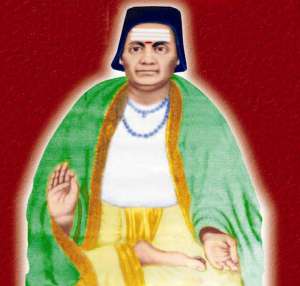BHASKARA I
Bhaskara I, an Indian mathematician and astronomer.
Born in the 7th century CE, in Karnataka, India.
EDUCATION:
He was educated under the guidance of the renowned mathematician and astronomer Aryabhata, whose work profoundly influenced Bhaskara's own contributions.
KEY WORKS:
"Aryabhatiya Bhashya :" Commentary on Aryabhata's work, offering insights into mathematical and astronomical principles.
"Bijaganita:" Discussed algebraic methods and solutions, emphasizing practical applications.
.jpg)
.jpg)
MAJOR CONTRIBUTIONS:
Mathematics:
Decimal System: Provided early use and notation of decimal fractions.
Algebra: Worked on solving quadratic equations and gave methods for solving them.
Series Expansion: Presented the concept of infinite series.
Astronomy:
Sine Tables: Compiled sine tables, which were crucial for astronomical calculations.
Trigonometric Functions: Provided detailed calculations for sine and cosine functions, contributing to the development of trigonometry.
LEGACY AND INFLUENCE:
His work was influential in both Indian and Islamic mathematics, with later mathematicians and astronomers building upon his theories.
Bhaskara I is remembered as a pioneer who bridged ancient and medieval mathematics, setting the stage for future discoveries in both mathematics and astronomy.
Bhaskara I's work was supported by the royal patronage of the Chalukya dynasty, reflecting the high value placed on scholarship and learning during his time.
His contributions occurred during a vibrant period of scientific advancement in India, highlighting the rich intellectual culture of the era.
"Bhaskara I's innovative contributions in mathematics and astronomy remain a testament to his pioneering spirit."
